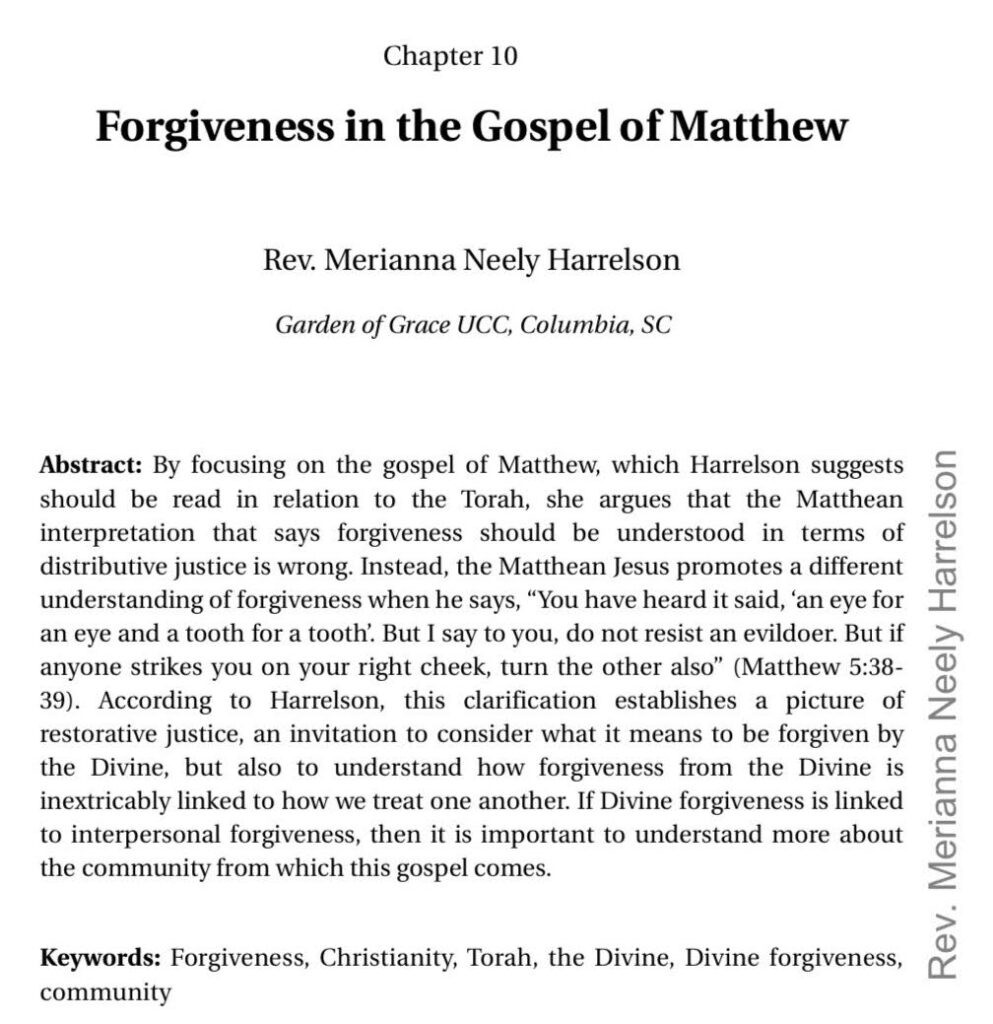This weekend, the Houston Chronicle and USA Today both released reports that the Southern Baptist Convention not only had knowledge of allegations of sexual abuse and sexual harassment but went through great lengths to cover up these allegations by handling them internally. For many who follow bombshell reports about religious institutions, these reports will harken back to the 2004 reports of the sexual abuse and misconduct in the Catholic Church. It’s all too familiar story of trying to protect power and authority rather than minister to individuals who have been harmed by religious leaders.
It’s a story that I have borne witness to far too often as a member of the clergy. I have received stories of individuals who have suffered from not only sexual abuse and sexual harassment but religious and spiritual abuse as well. Most often the discussion after the revelation of the hurt and pain the individual had experienced centered around forgiveness. “Do I really have to forgive a religious leader who abused me?”
I was able to explore this question more fully after being invited to contribute a chapter to a book entitled Forgiveness Confronts Race, Relationships, and the Social. I didn’t know the release of the book and my chapter, which centered around the damaging impact of the act of forced forgiveness would coincide with these reports about the misconduct in the Southern Baptist Convention.
Forced forgiveness is the act of retraumatizing a victim of sexual abuse, sexual harassment, and/or religious abuse by having them sit with their abuser and another religious leader while the perpetrator apologizes or confesses his sins. The victim is then expected to offer forgiveness and not speak of the incident again (even sometimes going so far as being asked to sign a NDA).
This is not forgiveness. This is not biblical. This is retraumatizing and continued abuse.
Perhaps these reports and this important collaboration will start an honest conversation about the ways religious leaders, religious institutions, and communities of faith have been central in the rampant culture of sexual abuse and sexual harassment. Perhaps these reports will prompt us to look and study the biblical text rather than believing religious leaders just because of their power and position. Perhaps these reports will cause us to look more closely at our participation in oppression and look to find ways of healing rather than defending.

